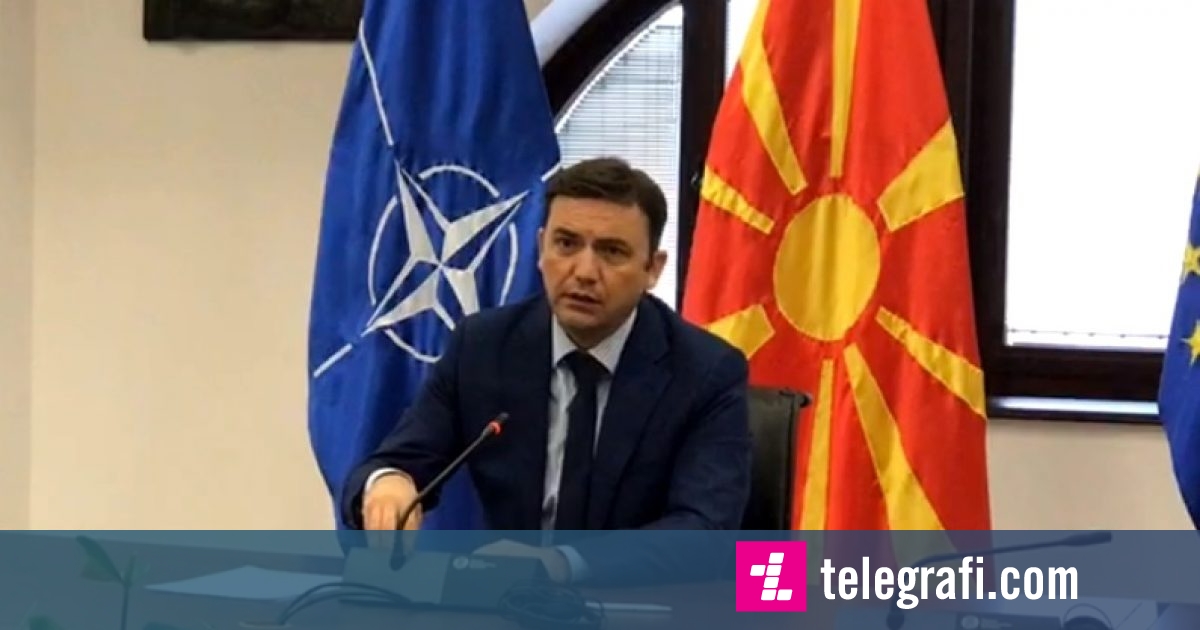The Minister of Foreign Affairs, Bujar Osmani, is not sure that in June Macedonia will receive the date for the negotiations for membership in the European Union.
According to him, everything that was requested has been done and if no date is set, then he said that the responsibility falls on Bulgaria and the EU.
Osmani said that the interest of citizens in this process will decrease, so Macedonia will have to commit to internal problems.
"We can not talk about deadlines, we are not the ones who decide.
We were responsible for meeting all deadlines.
However, to be constructive, the ball is not in our yard.
The ball is in Sofia and Brussels.
It is their responsibility now.
We are investing heavily in this issue to continue with reforms and processes.
When the EU decides to send a signal to the region, we are here, we will never back down from our ambition for the EU.
I consider that we are and have been an example that exceeds the conditions for the start of negotiations with 40% of European legislation that is part of our country, a leader in the region in terms of political criteria, a leader for neighbors.
Everything that is required of a state.
I think there is another possibility, we will continue to seek a solution.
The message we are sending to the EU and Bulgaria is that the possibility for the whole society to commit to this issue is declining.
"Therefore, a way must be found immediately to make a decision," said Osmani.
Regarding the negotiation framework and Bulgaria's demands that unresolved issues be part of it, Osmani said most member states oppose the proposal.
"Member states are aware that entering the negotiation framework also sets precedents to be followed.
This means that it is not our negotiating framework, but the next integration process.
I see that most are sensitive to the introduction of bilateral issues in the context of negotiations.
"I think the countries are very careful about what they will accept in the negotiation framework," Osmani added.
Regarding the visit of EU Commissioner Oliver Varhey, he said that he aims to overcome the differences between Macedonia and Bulgaria.
"Varhely and I exchanged ideas on how to overcome differences regarding the content of the negotiating framework. He is the representative of the Commission that proposes the negotiating framework.
"I can not say what the considerations are, but it is good that the commissioner is moving to Skopje and Sofia," said Osmani.
"At the moment there is no bilateral document with Sofia.
If there is, it will be presented to the deputies and the public after full harmonization is achieved.
The negotiation framework should be passed to the Assembly.
You have to approve it.
But for other issues from the bilateral document, the deputies will be notified at the session when we see that we have harmonized them.
"We are not in that situation, they have different positions on certain issues," said Osmani.
